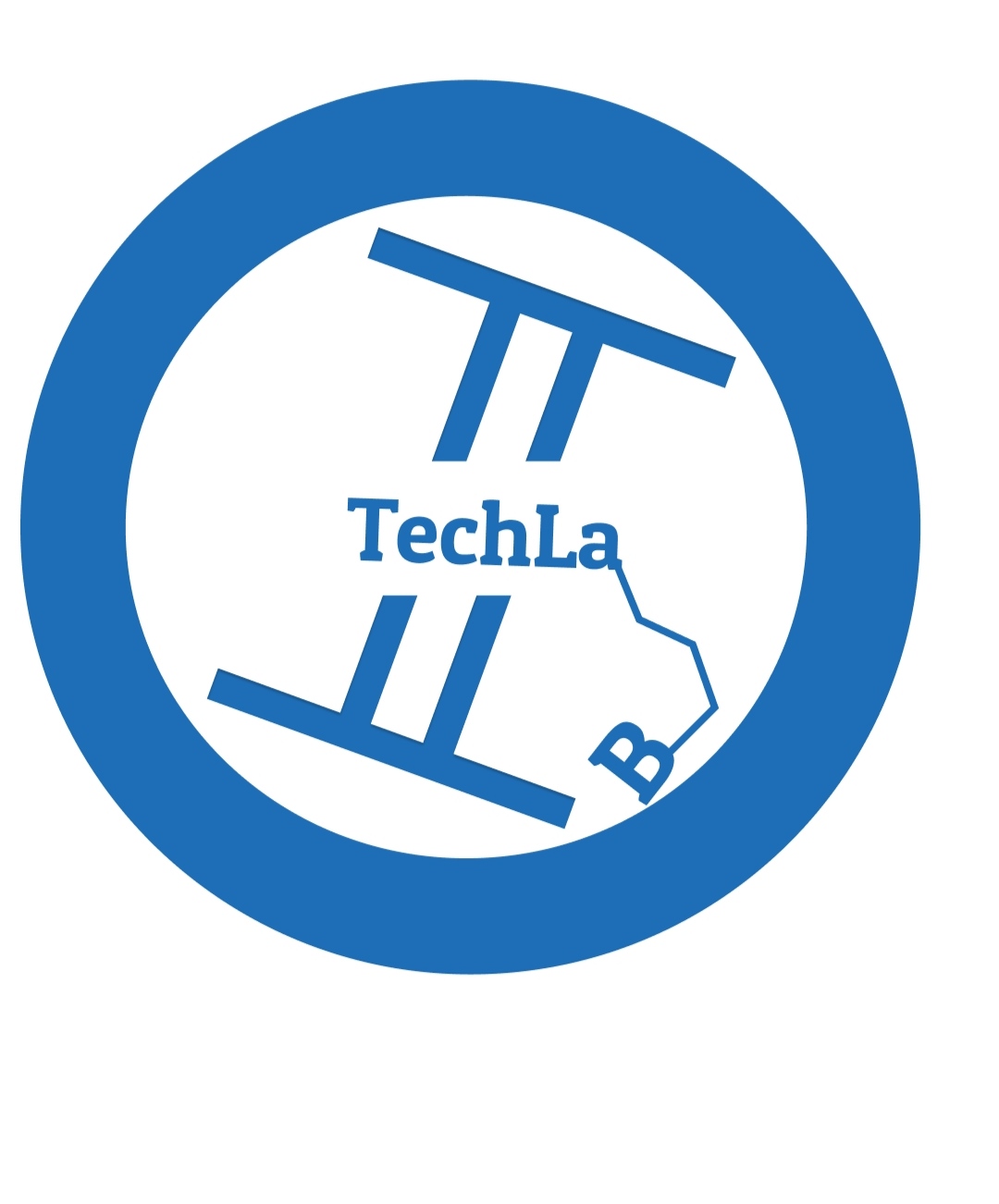In today’s digital era, where attention spans are fleeting, the speed at which a website loads has become a crucial determinant of its success. Beyond just user experience, website speed plays a pivotal role in search engine optimization (SEO) and the overall performance of a website.
1. The Need for Speed: Why Website Speed Matters
- User Experience (UX) Matters: Users expect instant gratification. Studies show that a significant percentage of visitors abandon a website if it takes more than a few seconds to load. A slow-loading website leads to frustration and a poor user experience.
- Impact on Conversions: Website speed directly impacts conversion rates. Faster-loading sites tend to have higher conversion rates, as users are more likely to engage and make purchases on a site that responds quickly to their needs.
Mobile Experience: With the surge in mobile internet usage, the need for faster-loading mobile websites is paramount. Mobile users, especially, are intolerant of slow-loading pages, emphasizing the importance of mobile site speed.
2. The SEO Factor: Speed and Search Engine Rankings
- Search Engine Algorithms: Search engines like Google consider website speed as a ranking factor. Sites that load quickly are often ranked higher in search engine results pages (SERPs), leading to increased visibility and traffic.
- Core Web Vitals: Google’s Core Web Vitals focus on user experience metrics, including page loading speed. Sites that meet these metrics are more likely to rank higher and gain favorable search engine visibility.
- Bounce Rates and SEO: A slow website often results in higher bounce rates—users leaving the site without interaction. High bounce rates can negatively impact SEO, signaling to search engines that the site may not provide relevant content.
3. Optimizing Website Speed for Success
- Performance Optimization: Minimizing HTTP requests, optimizing images, leveraging browser caching, and reducing server response times are among the strategies to enhance website speed.
- Mobile Optimization: Prioritize mobile responsiveness and optimize for mobile devices to ensure fast-loading pages across all devices.
- Regular Monitoring and Testing: Continuous monitoring and testing using tools like Google PageSpeed Insights, GTmetrix, or Pingdom help identify areas for improvement and track progress.
Conclusion: Speed as a Competitive Edge
In a digital landscape where every second counts, website speed is not merely a technical metric—it’s a competitive edge. A faster website not only enhances user experience but also plays a pivotal role in SEO, influencing rankings and visibility.
At i-Techlab, we understand the significance of website speed in delivering exceptional user experiences and driving organic traffic. Our approach to web design encompasses speed optimization as a fundamental pillar, ensuring your website excels in performance and search engine rankings.
Ready to elevate your website’s speed and performance? Contact i-TechLab to enhance user experiences and propel your site towards SEO success.








